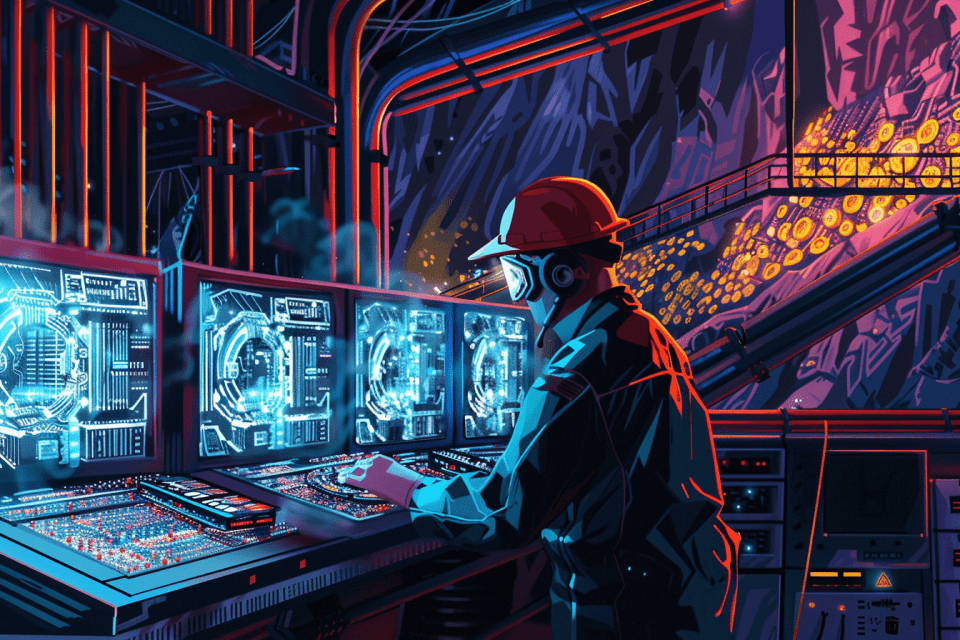The DOE’s Emergency Bitcoin Mining Survey Withdrawn After Legal Challenges
The Department of Energy (DOE) and the Energy Information Administration (EIA) have withdrawn an emergency survey of Bitcoin mining facilities after facing legal backlash. The controversial survey, which raised concerns about the energy consumption of Bitcoin mining operations, has been the subject of a lawsuit by Riot Platforms, Inc., a publicly traded Bitcoin miner, and the Texas Blockchain Council, a nonprofit association.
Legal Challenges and Regulatory Scrutiny
The lawsuit, filed in the Western District of Texas, questioned the rapid deployment of the survey, arguing that it did not comply with the Paperwork Reduction Act (PRA) and could cause public harm. The plaintiffs secured a temporary restraining order on February 23, 2024, delaying the initial response deadline for the survey participants.
Emergency Procedures Questioned
The DOE’s use of emergency procedures to expedite the survey was a crucial point of contention. It was claimed that the DOE failed to demonstrate the urgency that would justify bypassing the standard notice and comment procedures mandated by the PRA.
Settlement and Future Actions
Following the legal challenge, the DOE and EIA have agreed to destroy all data collected so far and will begin a non-emergency survey process, allowing for a 60-day public comment period. This process is estimated to take over a year, addressing one of the lawsuit’s primary concerns about the lack of public discourse on the matter.
Implications for Bitcoin Mining
Bitcoin mining, a process that requires significant electrical power, has come under scrutiny for its potential impact on electricity grids and overall energy consumption. The initial estimates by the EIA suggested that the industry could account for 0.6% to 2.3% of total annual U.S. electricity usage, a figure comparable to the energy consumption of states like Utah and Washington. However, these figures are now subject to further analysis and public input.
Industry Response
The Bitcoin mining industry has responded by highlighting the flexibility of mining operations, which can shut down during peak demand to alleviate grid pressure. This characteristic is touted as a benefit that enhances grid reliability, countering claims that mining operations could exacerbate electricity shortages.
Conclusion
The DOE’s decision to halt the emergency survey and embrace a more inclusive process reflects a balancing act between regulatory oversight and industry innovation. As cryptocurrency continues to integrate into mainstream financial systems, the resolution of such conflicts will set precedents for how the industry is governed in the United States.
Image source: Shutterstock

